Improving Indoor Air Quality
What are the best ways to improve indoor air quality? Here are ten must-know tips to improve indoor air quality and create a healthier environment at home.
Clean indoor air is essential, and improving the air quality in your home can go a long way in creating a healthier and happier place to live. The quality of the air we breathe indoors can significantly impact our quality of life and is critical to the overall health of families.
It is estimated that Americans spend an average of 90% of their time indoors, primarily due to factors like modern-day work environments, the increased use of technology, and the prevalence of indoor activities. Due to this, indoor air pollution can sometimes be up to two to five times higher than the levels outside, which is why it is so important to consider improving indoor air quality.
Indoor air pollutants can significantly impact our health and lead to breathing problems, asthma attacks, and respiratory infections. The most vulnerable populations, including children and older adults, are most affected by the adverse health risks of poor indoor air quality.
Cleaning products, appliances that use gas, wood, propane, fireplaces, pets, and mold and moisture in the home are all common everyday things that can impact air quality. Luckily, there are more ways than one to promote healthy indoor air quality to better your home and improve the lives of everyone living in it.
Check out these top ten tips to improve indoor air quality at home
1. Use Air Purifiers
Investing in an air purification system is one of the best ways to improve indoor air quality. While air purifiers cannot remove all air pollutants, they work to remove many airborne contaminants and can significantly reduce and remove allergens like dust, pet dander, and mold spores.
Some of the top-rated air purifiers on the market can even remove smoke and unwanted odors and reduce the spread of viral particles that can make anyone at home sick. The Centers for Disease Control and Prevention recommends using an air purifier with HEPA filters, a pleated air filter that can remove at least 99.97% of airborne particles with a particle size of 0.3 microns.
HEPA filters are very beneficial when used at home, in an office environment, or at a medical center since they can help prevent mold, airborne allergens, and harmful particles from spreading. When used properly. Air purifiers can even remove viruses from the air, so it is essential to place them in a room where people spend the most time, such as the living room or main bedroom.
If you live in a smaller home or apartment, one air purifier should cover the entire space. However, if your home is larger and houses multiple people, investing in numerous air filters to filter the air on various floors and in the most frequently used rooms might be a good idea.
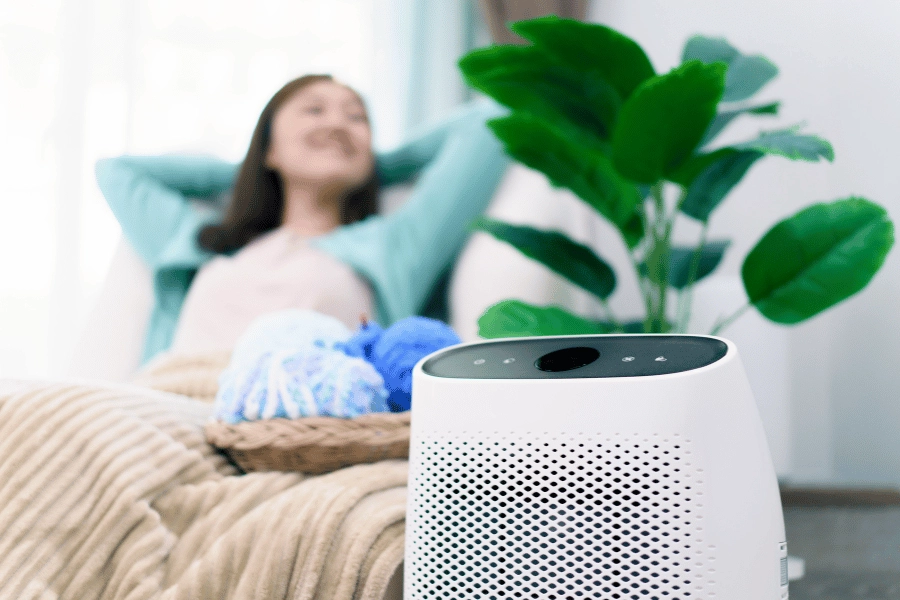
2. Add Humidity
The primary purpose of a humidifier is to increase moisture in the air. While they do not clean the air of contaminants like an air purifier does, humidifiers still improve air quality and offer various benefits.
Humidifiers reduce congestion by increasing indoor humidity. They can also help soothe dry and cracked skin, reduce allergies and asthma, and help your body fight bacteria and viruses, which is crucial during the flu and cold season.
Since humidifiers release water vapor and steam into the air, they are instrumental in the winter when the air is dry and cold. It makes the air in your home more comfortable to breathe in and can help your house plants thrive, improve sleep quality, and reduce static electricity.
Keep in mind that while humidifiers offer many benefits, it is imperative to keep them clean. Otherwise, frequent use of a dirty humidifier will lead to poor air quality. A filthy and humid tank can foster germs and mold growth.
3. Improve Ventilation
Improved ventilation in the home can greatly improve air quality by helping lower the concentrations of indoor air pollutants. According to the United States Environmental Protection Agency, outdoor air is an essential factor in promoting good air quality, and increasing the amount of outdoor air coming indoors can moderate indoor air temperatures and is an effective solution for air quality issues.
Opening windows and doors throughout the home encourages natural ventilation, and airing out the home reduces pollutants indoors. Infiltration is another means of outdoor air entering the house through openings and cracks against windows and doors. When outdoor sources of pollutants are high, it is best to refrain from natural ventilation.
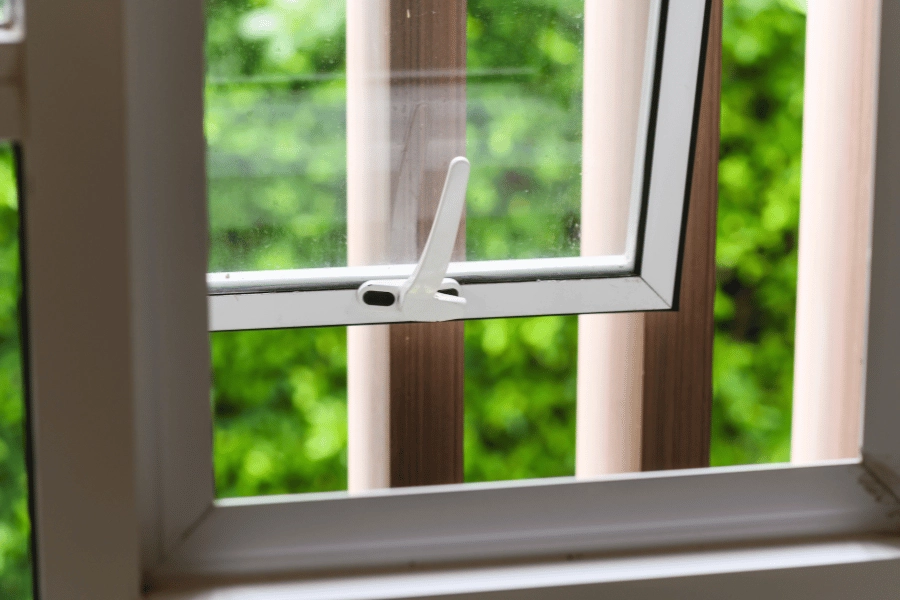
4. Vacuum and Dust Regularly
While it might seem simple enough, regularly vacuuming rugs and dusting surfaces throughout the home can improve air quality. Since dust, dirt, and pet hair can build up over time and are the leading cause of allergies for most people, keeping your home clean by vacuuming and dusting can make a huge difference.
According to the American Lung Association, roughly four out of five homes in the United States have detectable dust mite allergens in their beds. Most dust mites can be found on mattresses, pillows, carpets, upholstered furniture, blankets, clothes, and other items with fabric.
Incorporating dusting into your regular cleaning routine can reduce the overall amount of dust present in your home, further improving indoor air quality. Since surfaces, bedding, and household clutter can easily collect dust, start incorporating a cleaning regimen before spring cleaning.
5. Change Your HVAC Filters
The HVAC system in every building and home regulates indoor spaces' temperature, humidity, and air quality. It is very important because it provides fresh air and removes contaminants, including dust and volatile organic compounds, from the air.
It is recommended that homeowners change their HVAC filters at least once every 90 days or three months to ensure that they can clean the air properly. Homes with pets should change the filter more often due to the pet hair and dander they release.
Once dust accumulation around the air vents can be seen, it is time to change the filter. The number of HVAC filters a home requires depends on its size and the HVAC system's type. Most larger single-family homes with two stories require two to three HVAC filters. These filters are affordable and can be found at most home improvement stores.
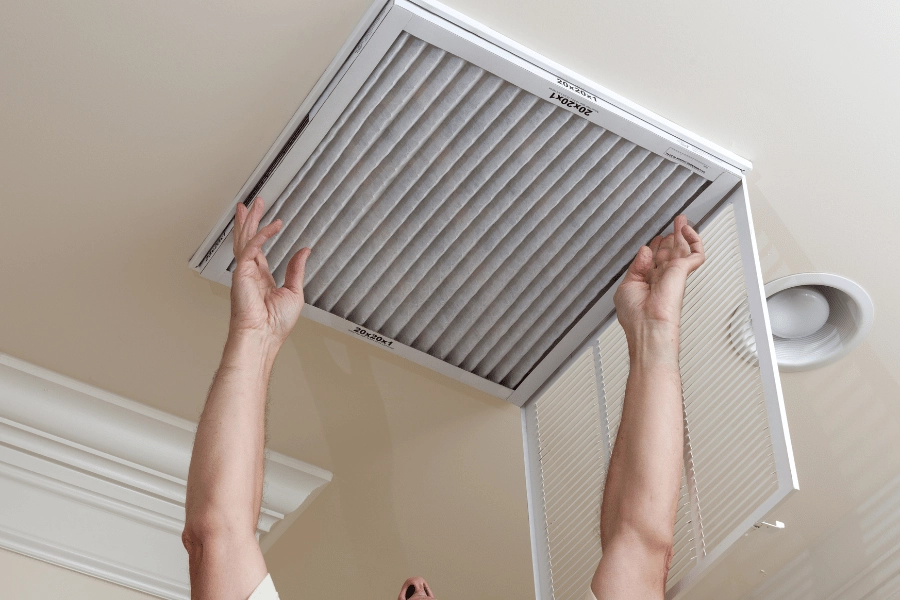
6. Add Air Purifying Plants
House plants are great additions to a home's aesthetics, and certain plants are known to help purify the air. Some houseplants can even remove mold spores and formaldehyde by taking in pollutants and releasing clean oxygen.
Even though houseplants clean the air very slowly, every little bit helps, and it is just another reason to buy beautiful plants for the home. Some of the best houseplants that purify the air include English Ivy, Peace Lily, Chrysanthemum, Spider Plant, Aloe Vera, and Pothos.

7. Avoid Smoking Inside
Smoking is one of the most significant contributors to poor air quality. By completly eliminating smoking indoors, pollutants and harmful chemicals can be removed from the air. By creating a smoke-free indoor environment, nonsmokers can be protected from secondhand smoke, and smoke buildup on clothing, furniture, bedding, carpets, and drapes can be reduced.
This build-up of smoke on indoor surfaces is often called thirdhand smoke and can remain for many months in the home even after smoking has stopped, which can pose a health hazard to nonsmokers, especially children. Proper ventilation and cleaning can not eliminate secondhand and thirdhand smoke hazards, which is why smoking should never be done indoors.
8. Weatherize Your Home
Weatherizing a home is the process of making improvements to make it more energy-efficient and comfortable for homeowners. It is also considered a smart way to save money, especially when preparing your home for winter. Home weatherization includes adding insulation, improving ventilation, and air-sealing doors and windows to prevent drafts.
Since heating and cooling account for the most significant energy costs, weatherizing a home can lower utility bills, reduce energy-related hazards, and improve indoor air quality. It can also reduce the risk of outdoor air pollutants entering the home, creating a safer and healthier environment for residents.
9. Bathe Pets Regularly
Pets are the perfect addition to many households, but they are known to introduce allergens that can interfere with good air quality. Whether your family has a dog or a cat, one of the best ways to limit the spread of dander and fur that can lead to respiratory issues is to bathe pets regularly.
Bathe pets as often as you can, but dogs with soft coats tend to retain more dirt and should be washed more frequently. Short-coat dogs can get away with bathing every one to three months, but dogs with longer coats should be bathed once every four to six weeks.
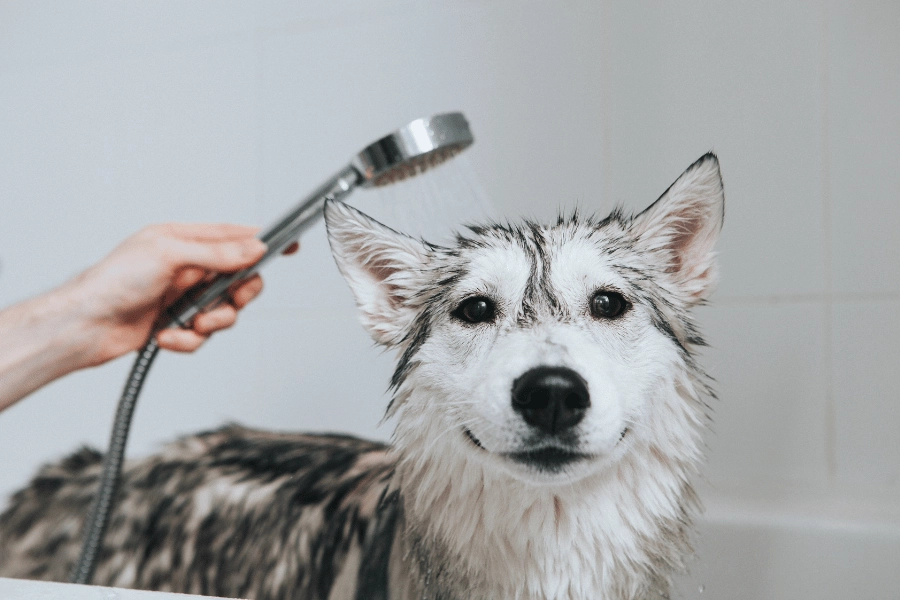
10. Use Natural Cleaning Products
Unfortunately, many cleaning products on the market contain harsh chemicals that can affect the air quality inside a home. Instead, opt for natural cleaning products that are non-toxic and safe to breathe in.
Natural cleaning products such as baking soda, castile soap, lemon juice, and white vinegar are free from synthetic fragrances, are biodegradable, and are known to emit fewer volatile organic compounds.
FAQs
What are the symptoms of poor air quality in the house?
High levels of specific contaminants in the home can lead to occupants experiencing illnesses. The most common signs of poor air quality in the home include sinus congestion, dry throat, dizziness, headache, eye irritation, fatigue, and nausea.
How do you test the air quality in your home?
The best way to test the air quality in your home is by installing an indoor air monitoring system. Digital air monitoring systems can test for specific pollutants and hazards inside a home, including radon, carbon monoxide, and volatile organic compounds. Professional air quality services can also be hired to assess for mold, one of the largest threats to a home's air quality.
Is it better to have multiple air purifiers or one big one?
There is no set recommendation for the number of air purifiers needed to clean the air in a home since it depends on numerous factors, including the size of the house and the amount of pollutants it might have.
One big air purifier is generally enough to clean the air in an apartment or smaller home. On the other hand, larger single-family homes could purchase a second air purifying unit to cover larger areas and properly filter out possible pollutants.
Methodology
Data and information were sourced from the American Lung Association, the United States Environmental Protection Agency, the Mayo Clinic, the Department of Energy, and the Centers For Disease Control and Prevention to determine the best ways to improve indoor air quality for a healthier home.
Improving Indoor Air Quality - Final Thoughts
Plenty of easy ways to maintain good air quality at home, from investing in air purifiers to frequently changing your HVAC filters. By following these tips, you and your family will be better protected from pollutants and contaminants that can lead to long-term health hazards.
Whether you live in Raleigh or are considering moving to the area, paying attention to your home's indoor air quality is essential to homeownership. Reach out to the experts at Raleigh Realty so that you can put these tips into practice.
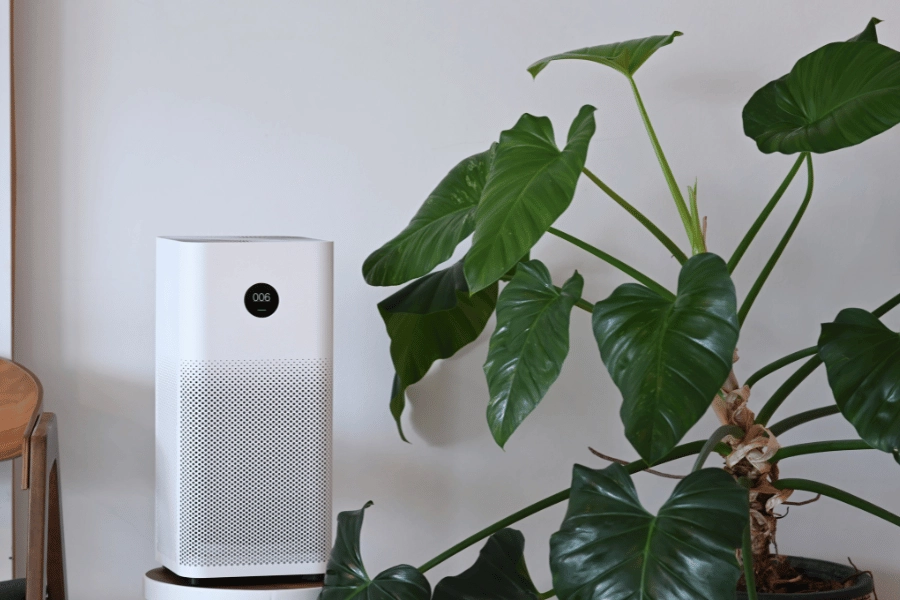
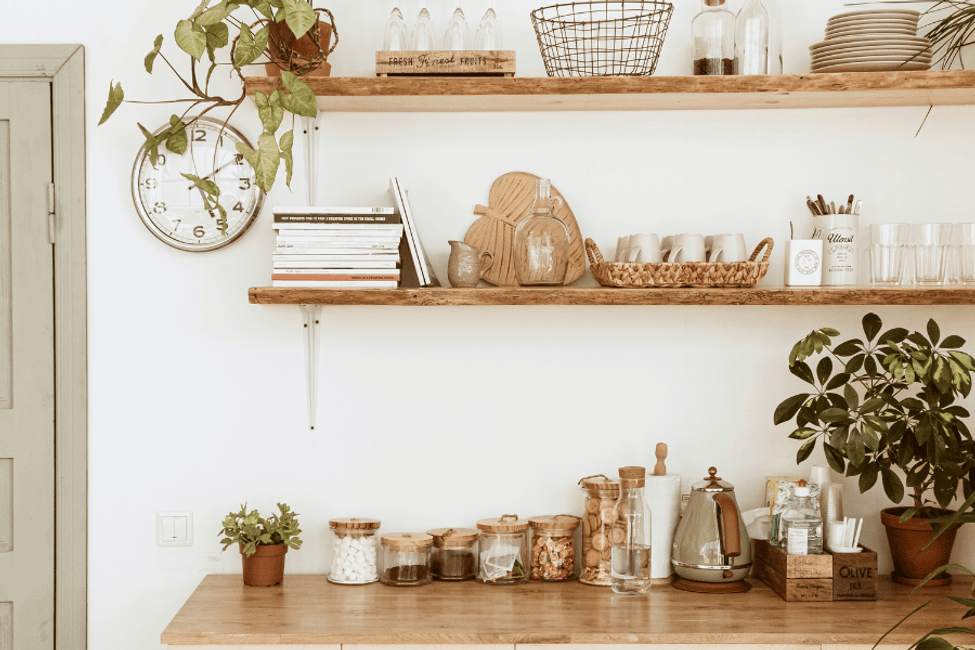
.png)
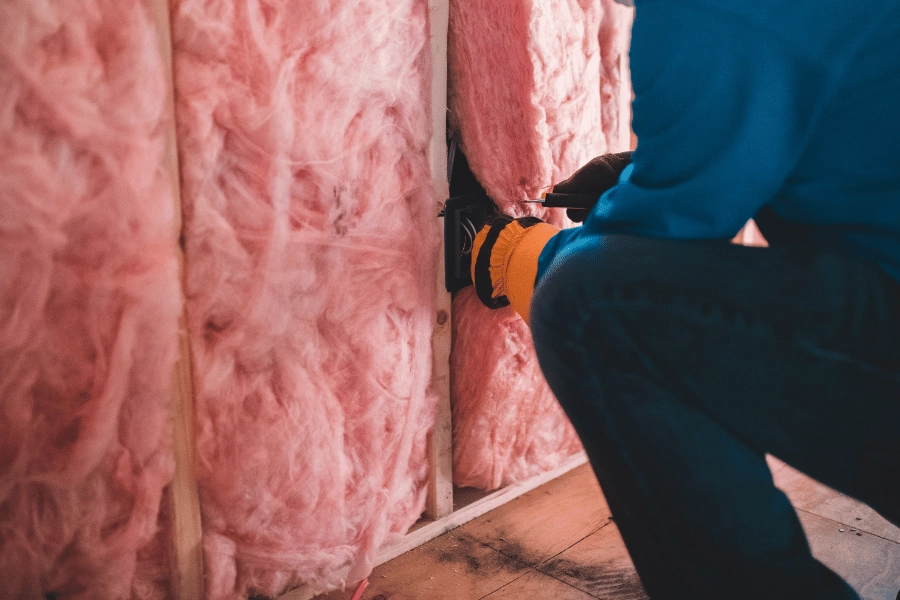
.png)